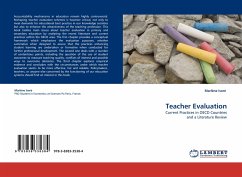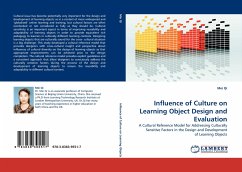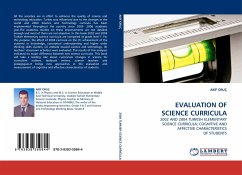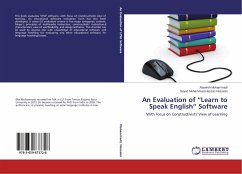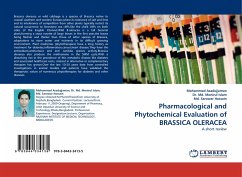Accountability mechanisms in education remain highly controversial. Reshaping teacher evaluation schemes is however critical, not only to meet demands for educational best practice in our knowledge societies but also to enhance the attractiveness of the teaching profession. This book tackles main issues about teacher evaluation in primary and secondary education by analysing the recent literature and current practices within the OECD area. The first chapter provides a conceptual framework which emphasises the evaluation purposes, whether summative when designed to assure that the practices enhancing student learning are undertaken or formative when conducted for further professional development. The second one deals with a number of contentious points, including the question of the use of student outcomes to measure teaching quality, conflicts of interest and possible ways to overcome obstacles. The third chapter explores empirical evidence and concludes with the circumstances under which teacher evaluation seems to be more effective, fair and reliable. Policymakers, teachers, or anyone else concerned by the functioning of our education systems should find an interest in this book.
Bitte wählen Sie Ihr Anliegen aus.
Rechnungen
Retourenschein anfordern
Bestellstatus
Storno

